fruit trees from pits
wiringman
12 years ago
Related Stories
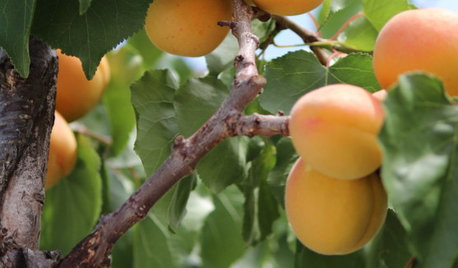
FARM YOUR YARDIf You Have Room for Only One Fruit Tree ...
Juice up a small garden with one of these easier-care or worth-the-effort fruit trees for a mild climate
Full Story
EDIBLE GARDENSHow to Grow 10 Favorite Fruit Trees at Home
Plant a mini orchard in fall, winter or early spring to enjoy fresh-off-the-tree fruit the following year
Full Story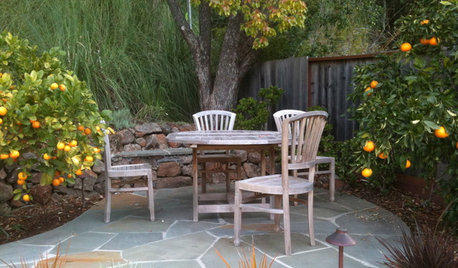
GARDENING AND LANDSCAPINGCrazy for Fruit Trees
Whether a single citrus or a mini apple orchard, even the smallest landscape space can bear deliriously delicious fruit
Full Story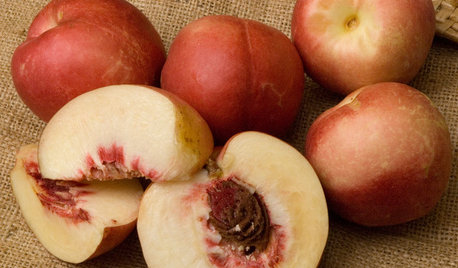
EDIBLE GARDENSGrow Plum Hybrids for Your Favorite Fruit Flavors
Plums are cozying up with apricots, peaches and even cherries — here’s how to grow these hybrids for the best aspects of each
Full Story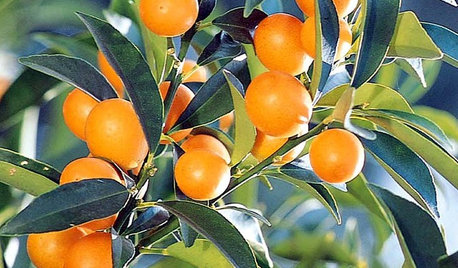
FALL GARDENING5 Fall Fruits You Can Grow in Containers
Brighten your porch or patio with a potted pomegranate, kumquat, blueberry bush or another great fall fruit
Full Story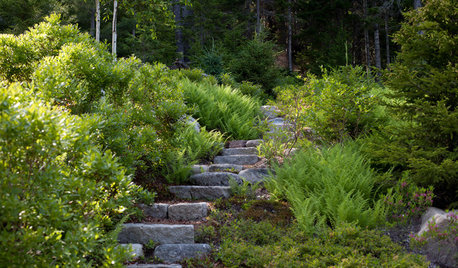
GARDENING GUIDESGreat Design Plant: Grow Blueberries for Their Fruit and More
Eastern gardeners should consider growing blueberry plants for their delicious fruits, bee-friendly spring blooms and brilliant fall foliage
Full Story
MOST POPULARHow to Get Rid of Those Pesky Summer Fruit Flies
Learn what fruit flies are, how to prevent them and how to get rid of them in your home
Full Story
Fruit Displays Sweeten Summer Interiors
Eating the rainbow takes on a new meaning in these seasonally inspired fresh fruit accents
Full Story
DECORATING GUIDESPut Your Best Fruit Forward in Splendid Fall Arrangements
Luscious, colorful and unbeatably fresh, fruit-centered arrangements bring welcome flavor to fall home decor
Full Story
ENTERTAININGEye-Catching Centerpieces Beyond Flowers and Fruit
Use your imagination to create a tableau that reflects your surroundings, creates dramatic tension or elicits surprise
Full Story





homemadecountrylife
remy_gw
Related Professionals
Foothill Ranch Landscape Architects & Landscape Designers · Glassmanor Landscape Architects & Landscape Designers · Waunakee Landscape Architects & Landscape Designers · Maple Heights Landscape Architects & Landscape Designers · Peabody Landscape Contractors · Aberdeen Landscape Contractors · Hayden Landscape Contractors · Homewood Landscape Contractors · North Lauderdale Landscape Contractors · Paramus Landscape Contractors · Raleigh Landscape Contractors · Woodburn Landscape Contractors · Hueytown Landscape Contractors · Syracuse Roofing & Gutters · Gulf Gate Estates Tree Servicesadam2582
FshyPlnts
Lewisbioed
FshyPlnts
cousinfloyd